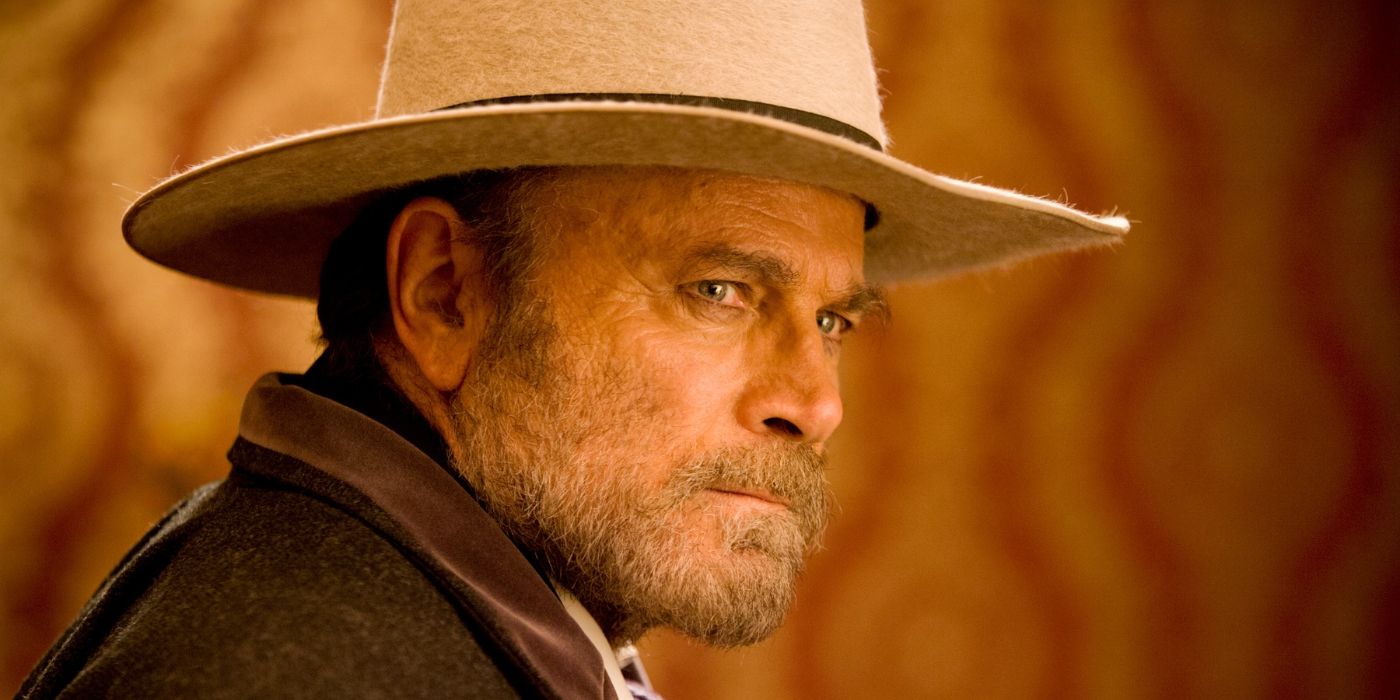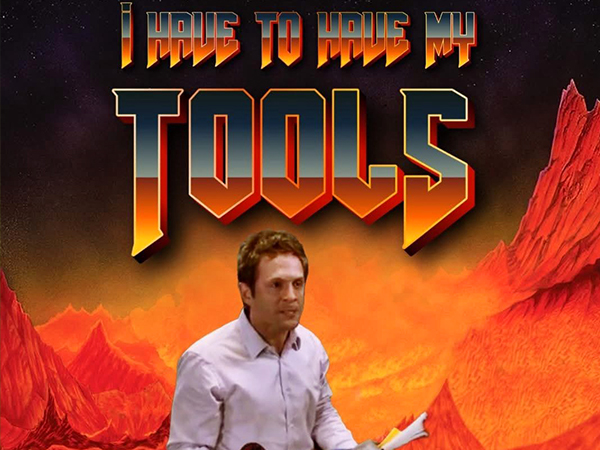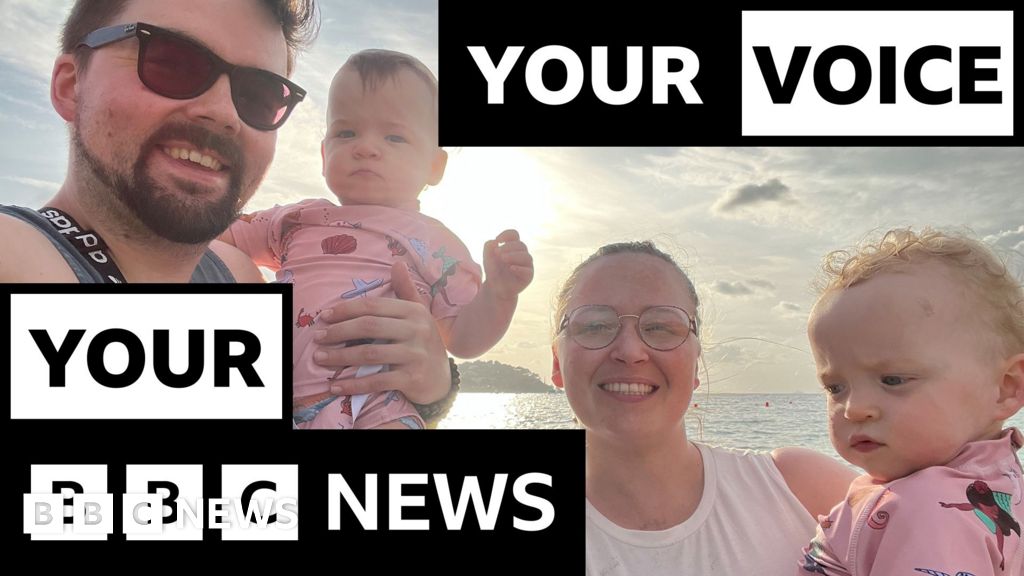CEO security is on the rise. What does it take to keep company leaders safe?
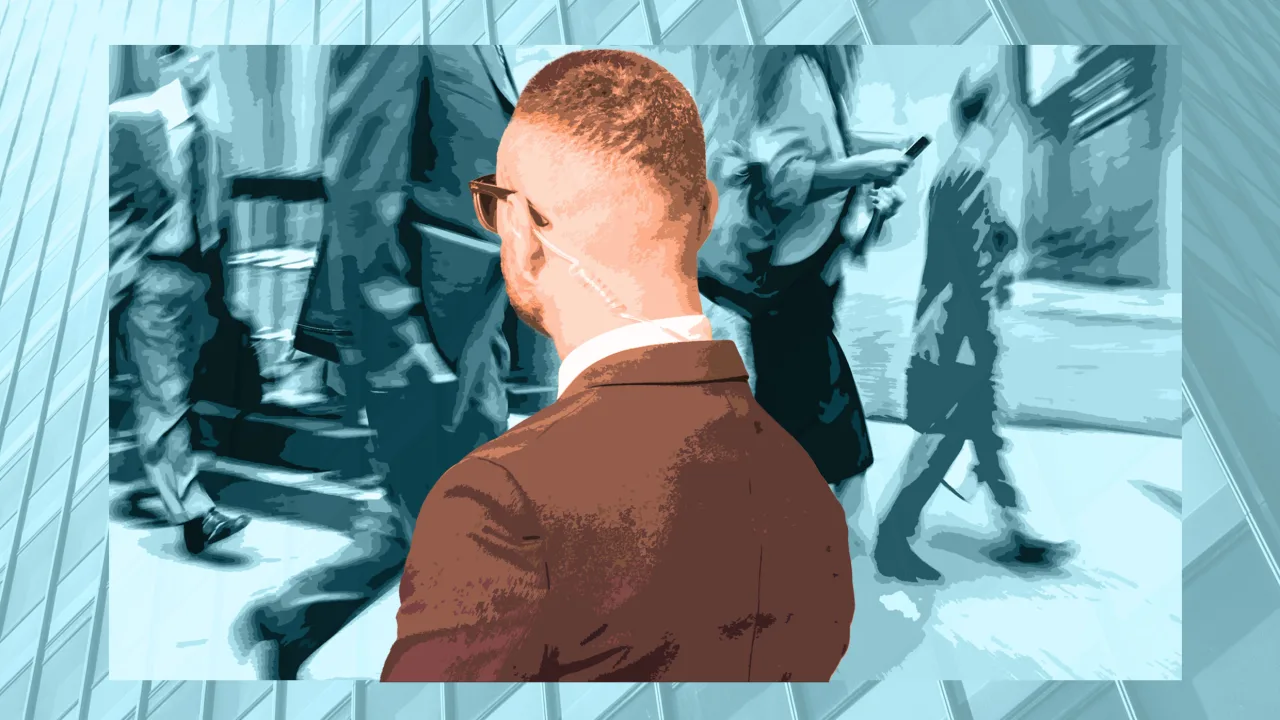
Hello and welcome to Modern CEO! I’m Stephanie Mehta, CEO and chief content officer of Mansueto Ventures. Each week this newsletter explores inclusive approaches to leadership drawn from conversations with executives and entrepreneurs, and from the pages of Inc. and Fast Company. If you received this newsletter from a friend, you can sign up to get it yourself every Monday morning.
Prominent CEOs and high-net-worth individuals have long had security details, but in recent months executive security feels like it has become a more conspicuous part of the corporate landscape. It is no longer unusual to see a CEO’s protection officer standing nearby during lunch in a restaurant. I’ve had a growing number of companies request a “sweep” of our office before a CEO visits Fast Company or Inc., and I’ve seen leaders arrive at meetings in bulletproof vehicles, even after traveling just a few blocks.
This rise in CEO security isn’t just anecdotal: More than a third (34.4%) of S&P 500 companies offered executive security in 2024, according to a fresh analysis of 2025 proxy statements by intelligence firm Equilar, up from 28.2% in 2023. Median security spending last year increased to $105,749, up 6% from a year earlier, with some companies, such as Intel, boosting security spending more than 8,000%, to $250,000 from just $3,000 in 2023.
And security spending is likely to climb in 2025 following the fatal shooting of UnitedHealthcare CEO Brian Thompson in December 2024. Experts say heightened security resources correlate to a rise in credible threats against executives, fomented by political rhetoric, social media, and antibusiness sentiment.
Bodyguards for the top boss
Even for public company CEOs, the level and visibility of their security operations vary wildly based on their fame and circumstances. Meta provides CEO Mark Zuckerberg with a $14 million annual pretax allowance to protect him and his family, up from $10 million in 2018. “We believe that Mr. Zuckerberg’s role puts him in a unique position: He is synonymous with Meta and, as a result, negative sentiment regarding our company is directly associated with, and often transferred to, Mr. Zuckerberg,” the company says in its 2025 proxy statement. In contrast, Berkshire Hathaway last year spent $305,111 on in-home and personal security services for its equally high-profile but relatively unprovocative CEO, Warren Buffett.
Most CEOs are initially reluctant to embrace protection. “Usually, CEOs think everything’s fine,” says Paul Donahue, president, global security services at Constellis, which provides security services and support. When they do concede to security, chief executives can be very selective about the professionals who guard them. “We tell all of our executive protection folks, ‘CEOs operate at a very high speed, they’re highly demanding, and they’re as particular in picking security as they are in picking a plane they’re buying,’ so we’ve had a lot of turnover,” he says.
Constellis recruits ex-military, ex-law enforcement, and career security professionals to work in its executive protection unit. Donahue says those careers instill people with the skills, including discipline and an understanding of chain of command, needed to succeed in the field.
Protecting a CEO can be a balancing act: Security professionals need to be able to say no to clients, especially when a seemingly simple request, like running out to pick up a pint of ice cream, might require Constellis to put together a patrol team and mobilize several cars. “But if they insist, we’ll go to Häagen-Dazs at 11 p.m.,” Donanue says. “It’s as personal a service as I think there is.”
Should companies invest in CEO security? While the odds of an incident are fairly low, Donahue argues (self-servingly) that it is money well spent. He notes that the Thompson killing unleashed a wave of negative sentiment about United Healthcare and the health insurance industry, damaging the company’s reputation and hurting employee morale. Furthermore, he says, if companies spend millions of dollars guarding intellectual property, products, and brands, they should feel comfortable earmarking a couple hundred thousand dollars for CEO protection. “If you truly believe your most important asset is your people, which we hear over and over, you probably should spend a little more on protecting that important asset,” he says.
How do you protect yourself?
CEOs, how are you thinking about personal security? How do you protect yourself and your leadership teams? Send your experiences to me at [email protected], and we’ll highlight examples in a future newsletter.
Read more: CEO comp
Founders are among the most fairly paid CEOs
Here’s how much entrepreneurs paid themselves in 2024
CTOs outearn founders at tech startups
What's Your Reaction?
 Like
0
Like
0
 Dislike
0
Dislike
0
 Love
0
Love
0
 Funny
0
Funny
0
 Angry
0
Angry
0
 Sad
0
Sad
0
 Wow
0
Wow
0



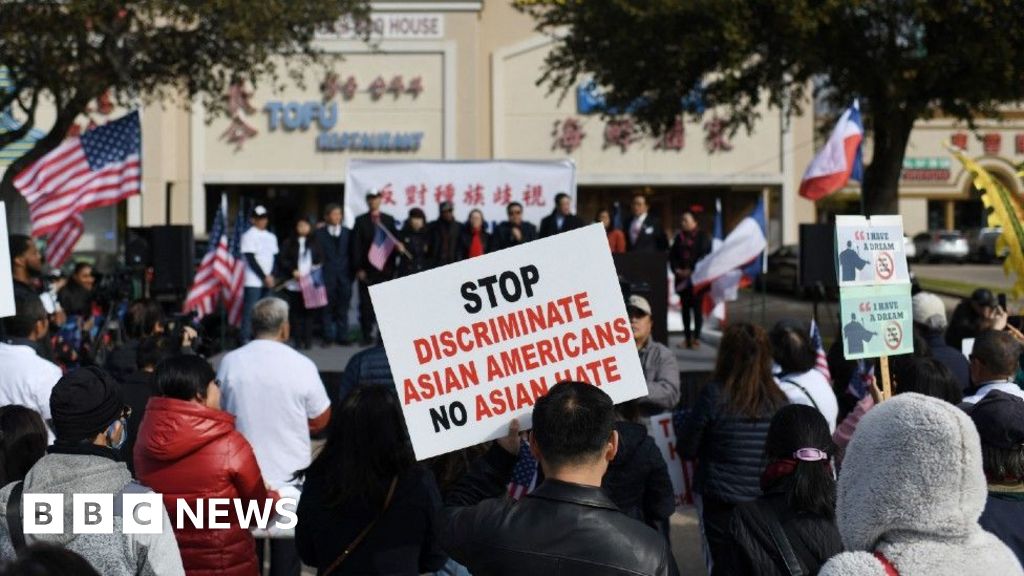
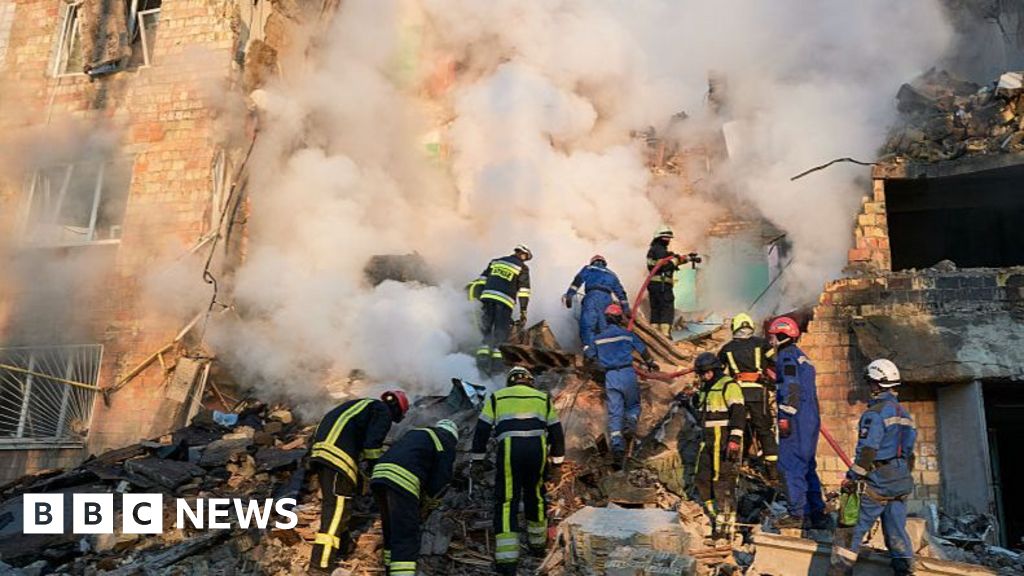




















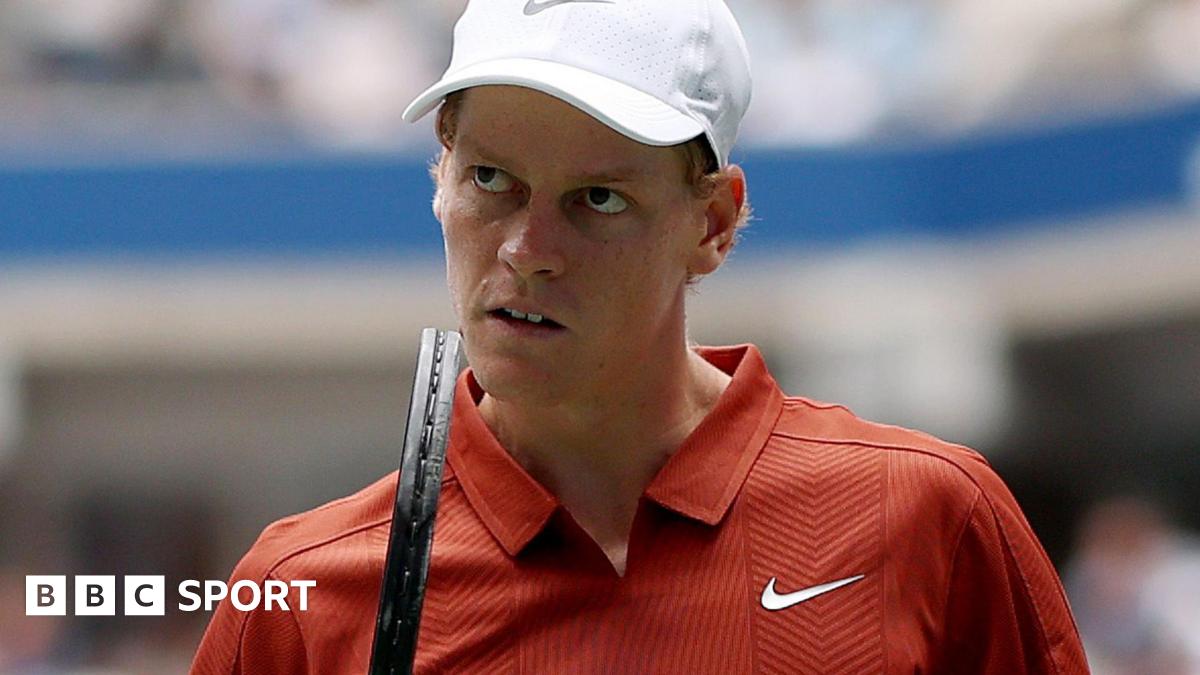
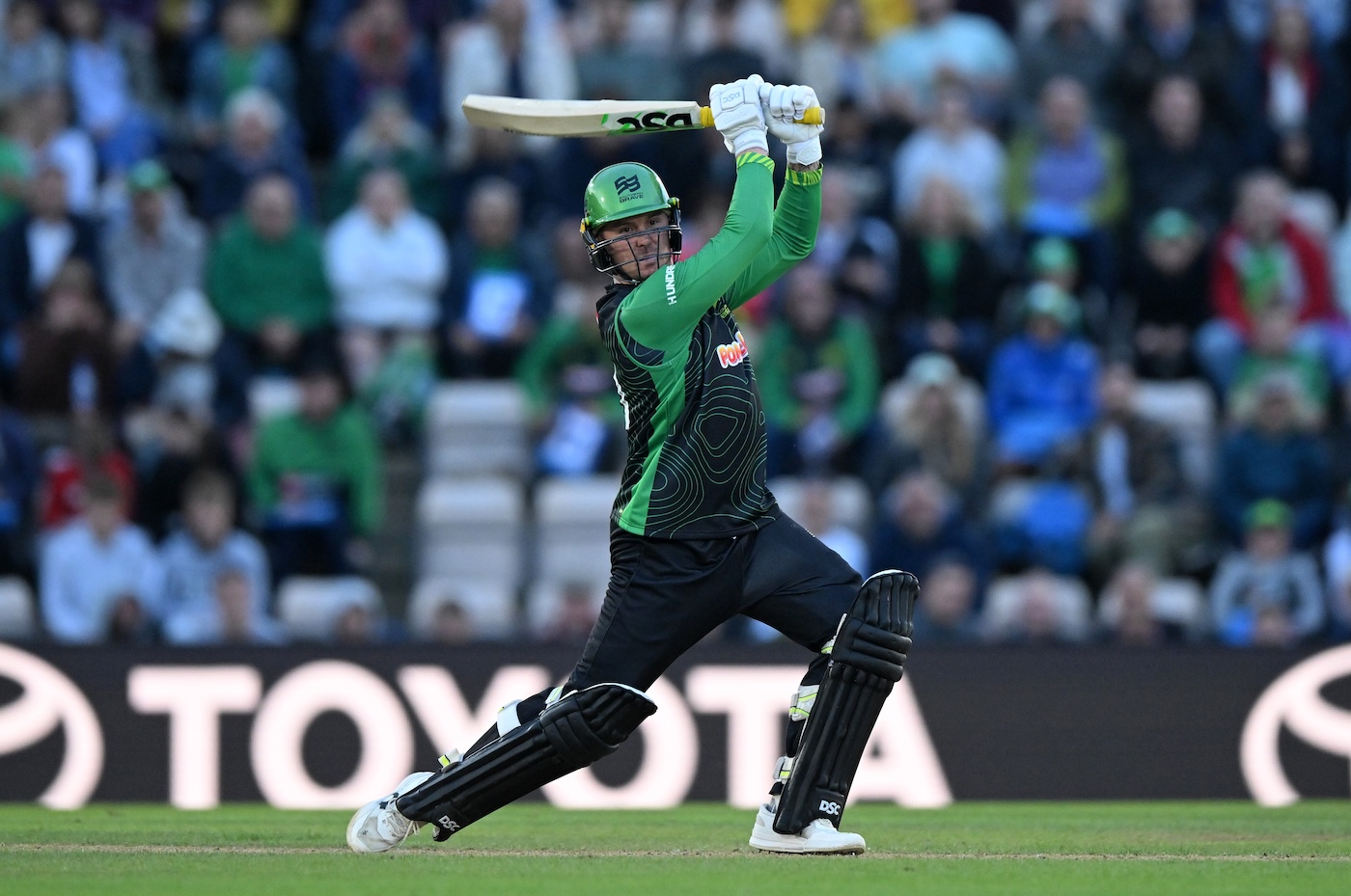









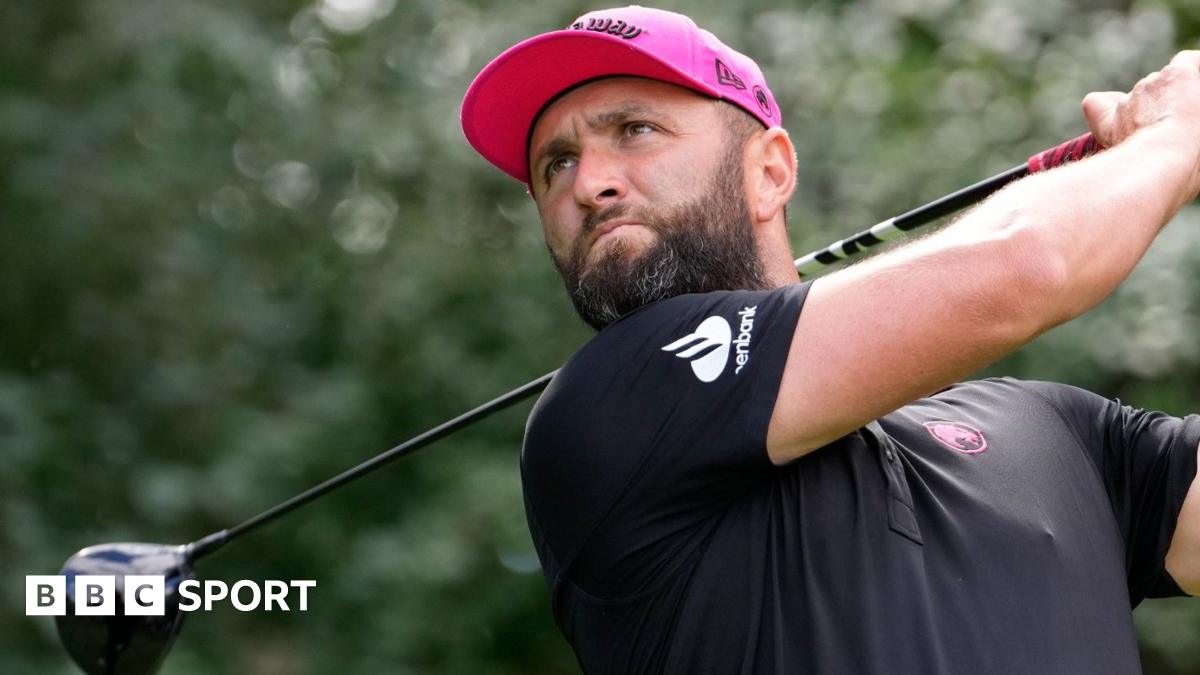
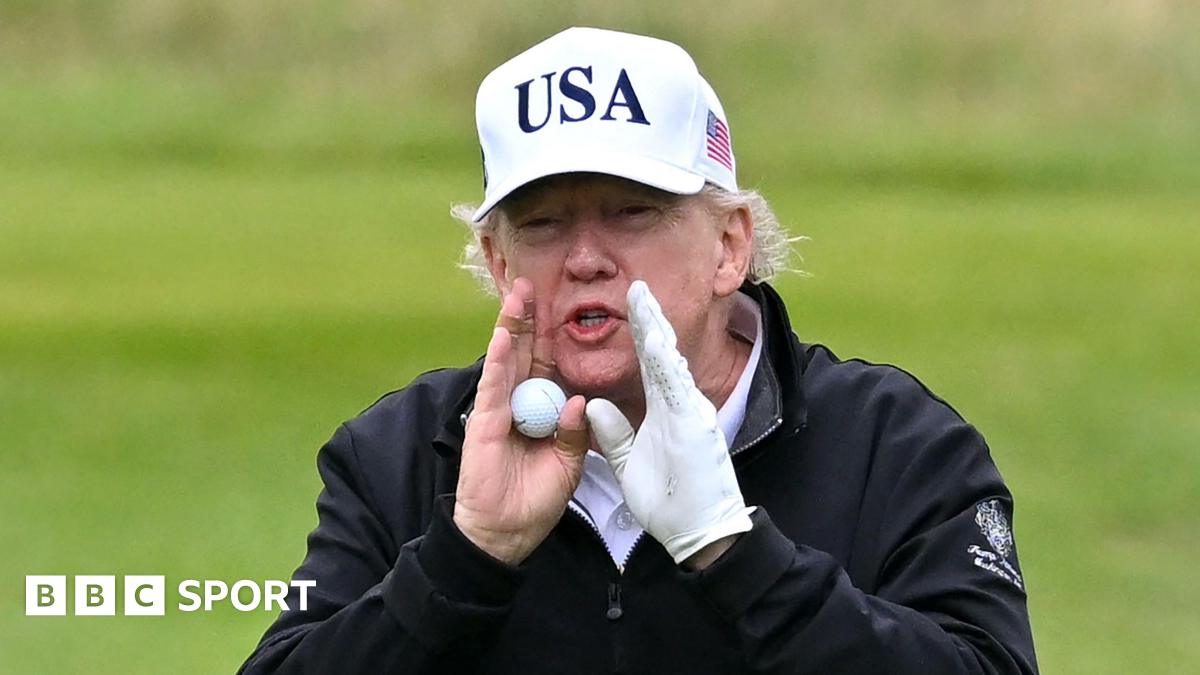
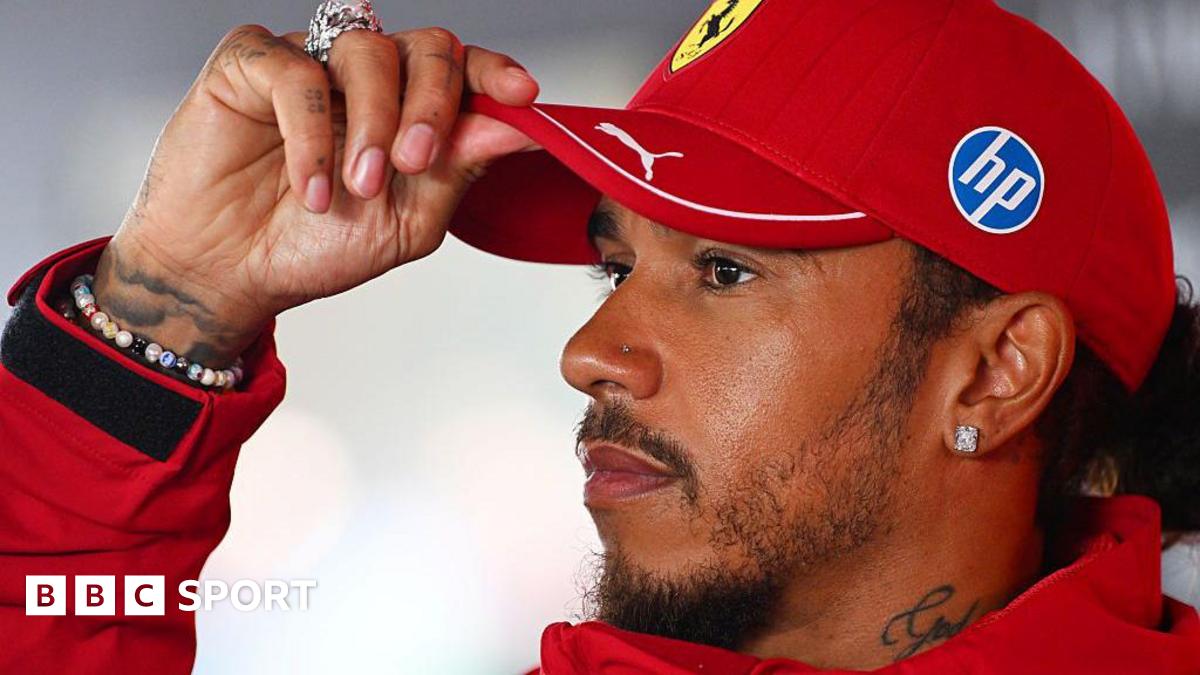


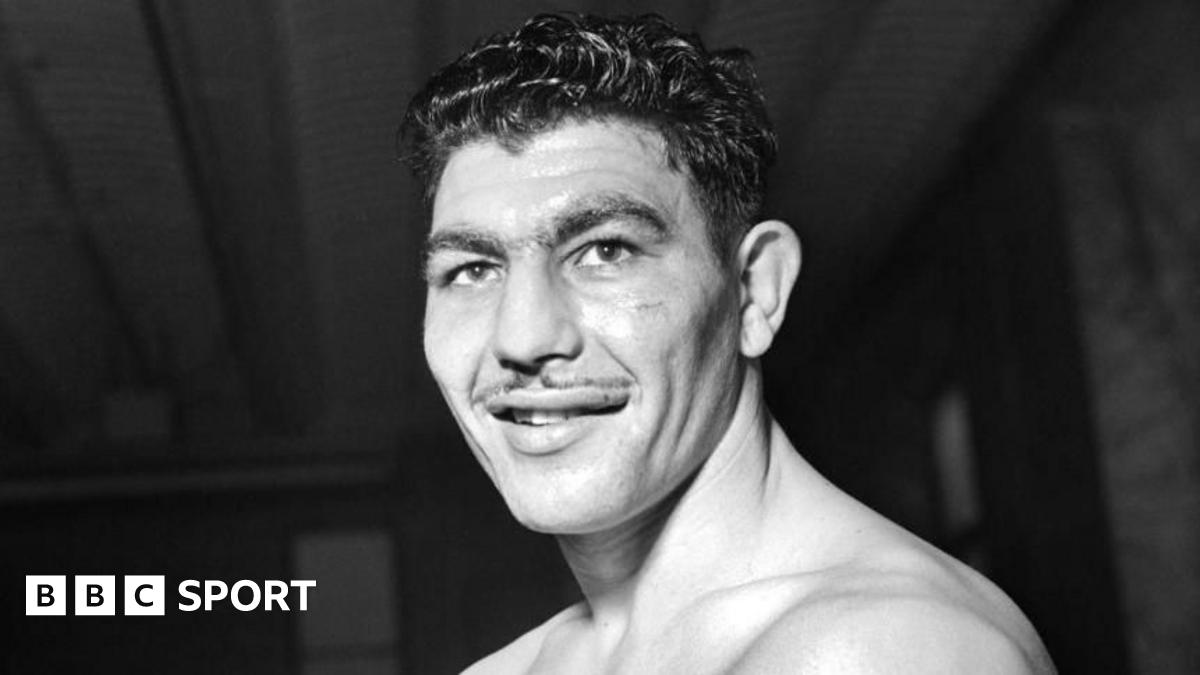
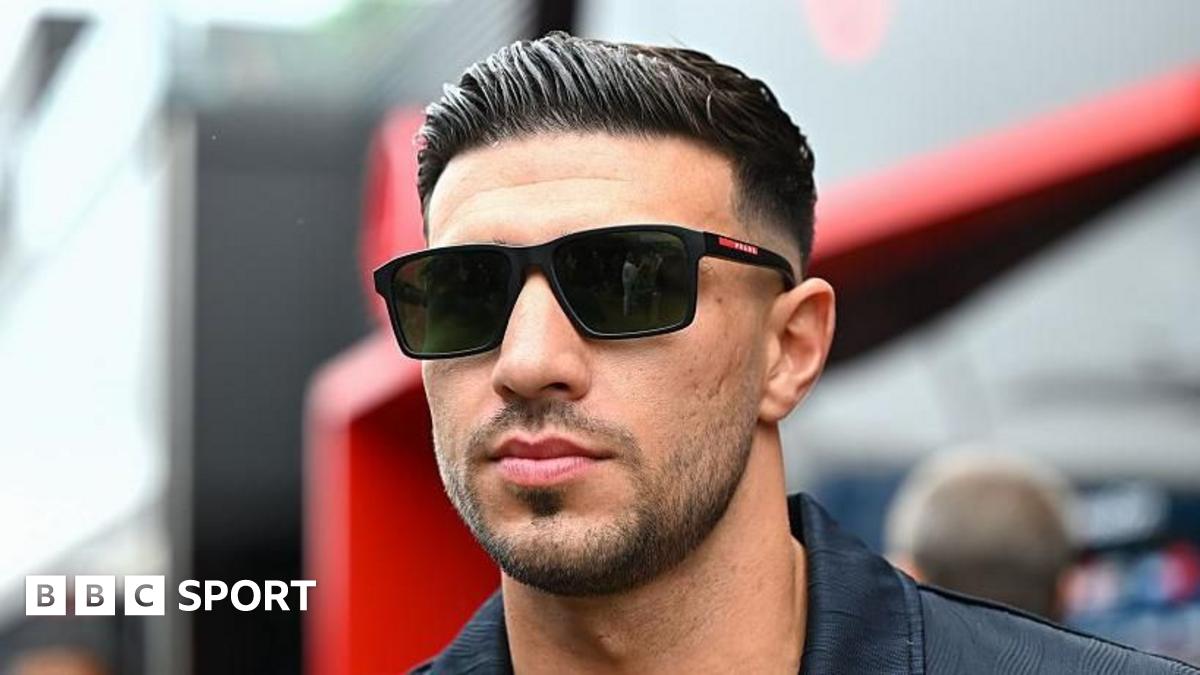
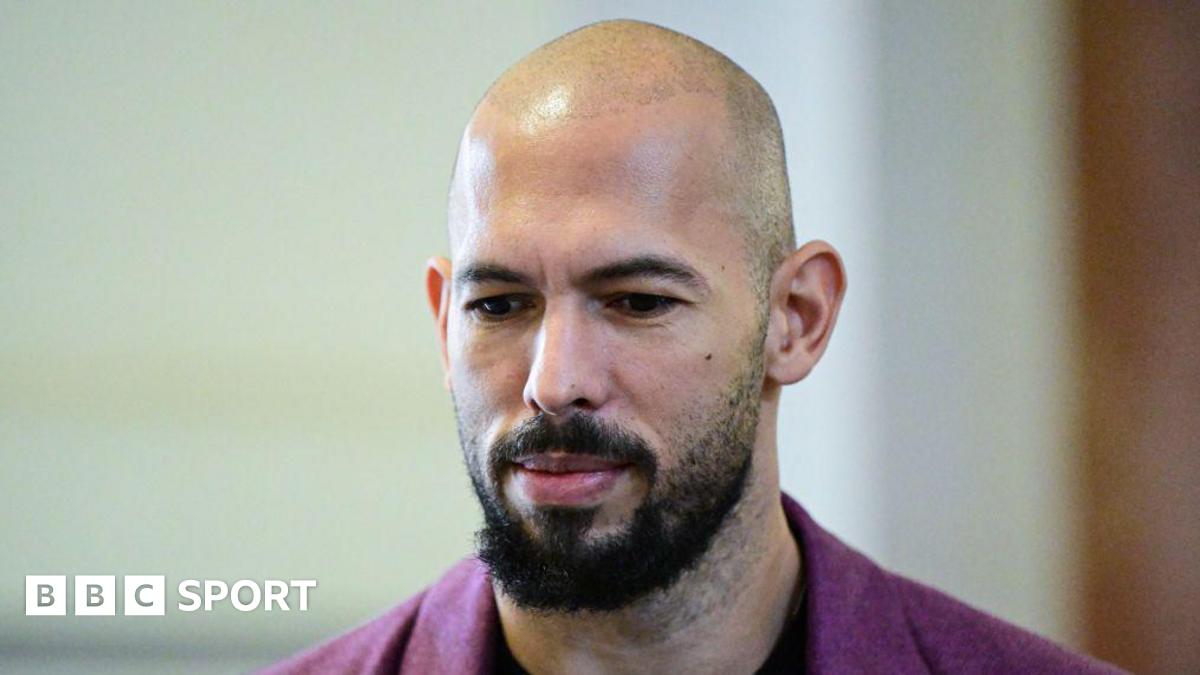

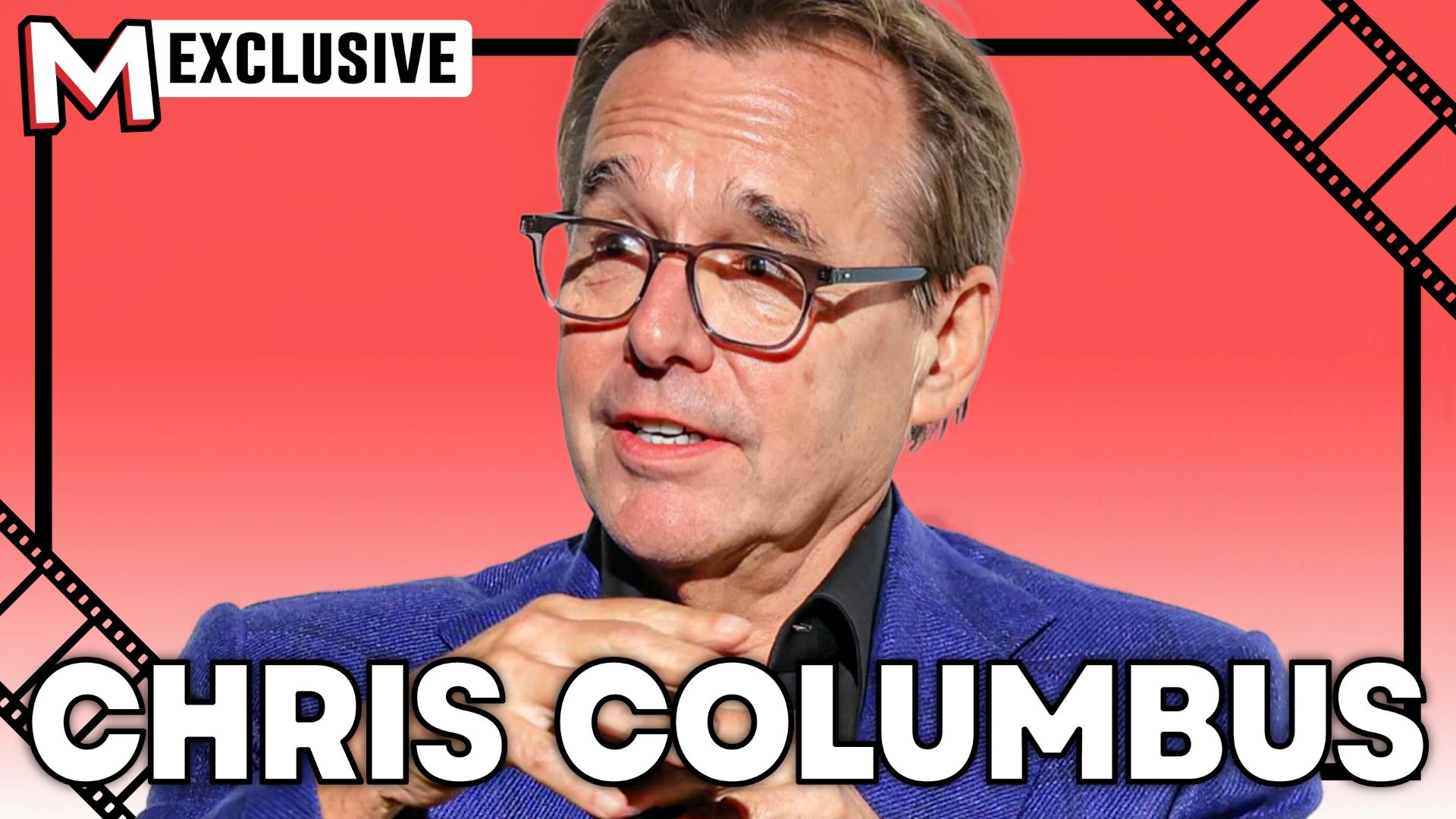




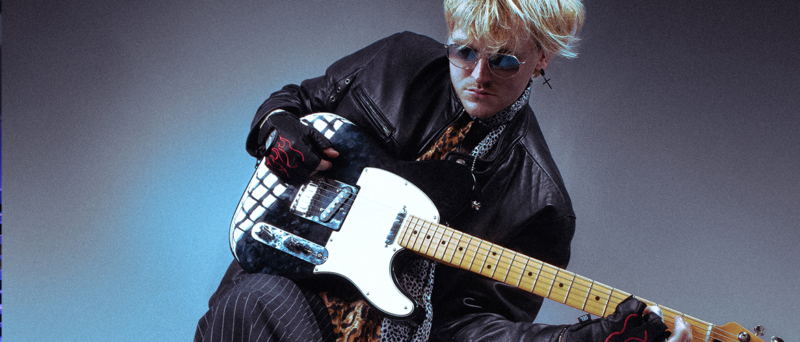

![[Interview] JUNHEE dives into solo debut "Supernova," upcoming mini-album and his musical journey so far](https://earmilk.com/wp-content/uploads/2025/08/Screenshot-2025-08-29-at-12.05.38-AM-800x526.png)
